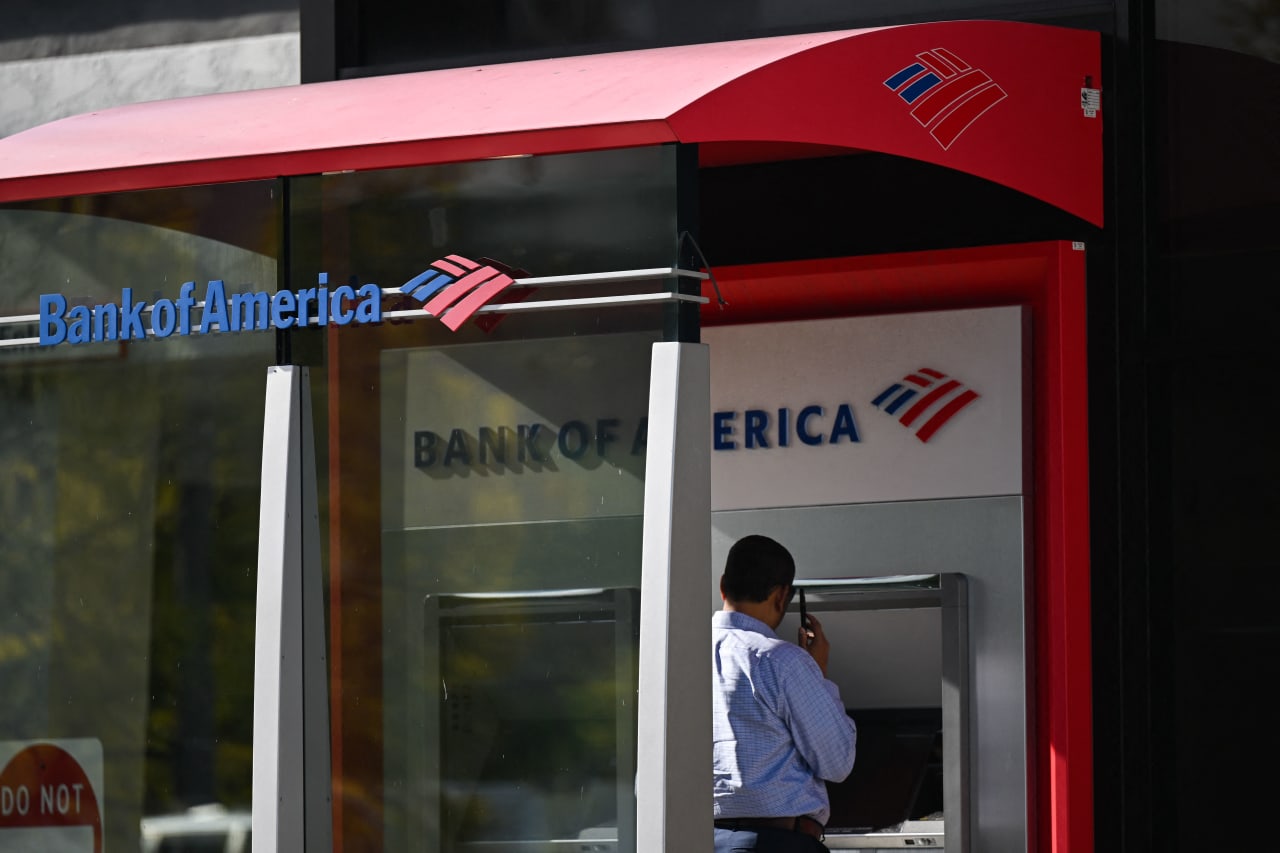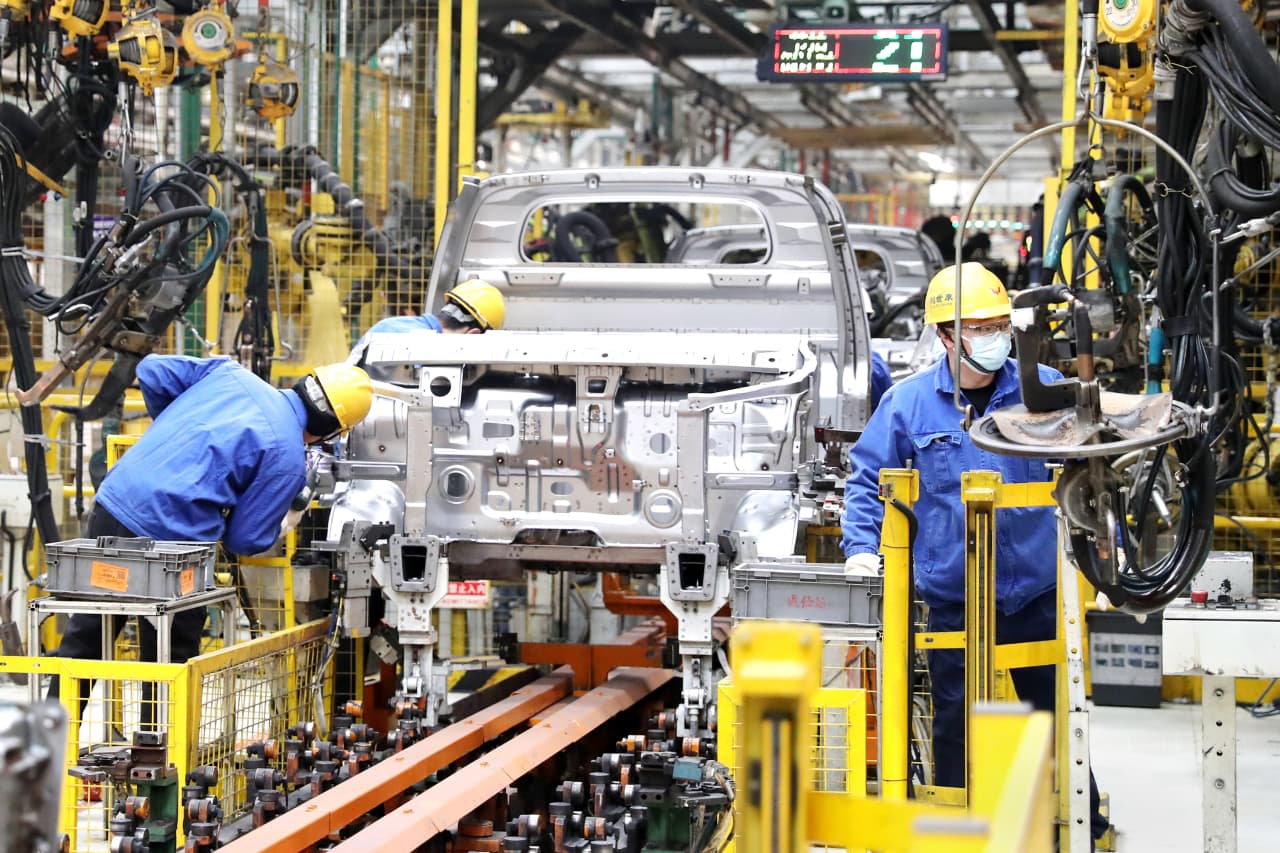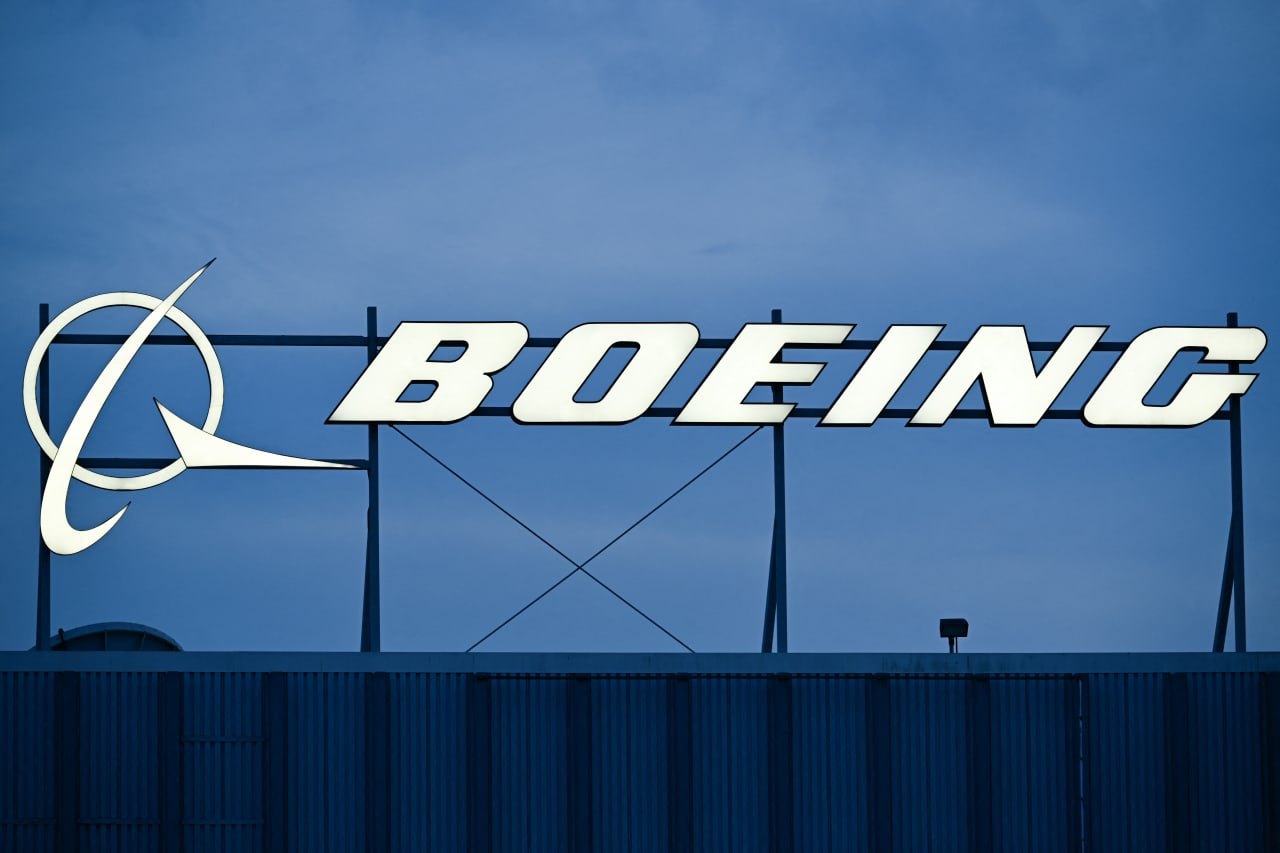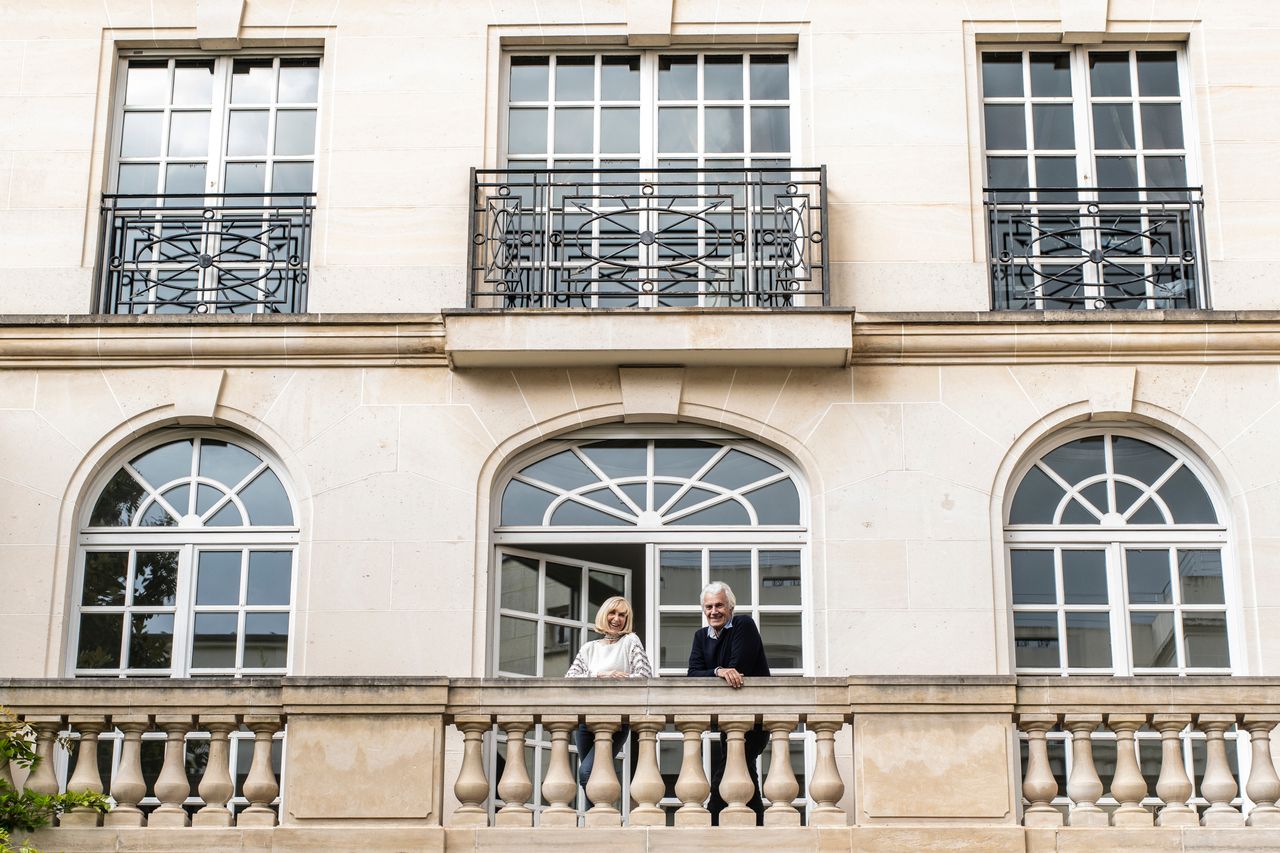Efforts to Rein In AI Tap Lesson From Social Media: Don’t Wait Until It’s Too Late
Activists and officials race to shape rules and public understanding of new artificial intelligence tools
Social media was more than a decade old before efforts to curb its ill effects began in earnest. With artificial intelligence, lawmakers, activists and executives aren’t waiting that long.
Over the past several months, award-winning scientists, White House officials and tech CEOs have called for guardrails around generative AI tools such as ChatGPT—the chatbot launched last year by Microsoft-backed startup OpenAI. Among those at the table are many veterans of the continuing battle to make social media safer.
Those advocates view the AI debate as a fresh chance to influence how companies make and market their products and to shape public expectations of the technology. They aim to move faster to shape the AI landscape and learn from errors in the fight over social media.
“We missed the window on social media,” said Jim Steyer, chief executive of Common Sense Media, a child internet-safety organisation that has for years criticised social-media platforms over issues including privacy and harmful content. “It was late—very late—and the ground rules had already been set and industry just did whatever it wanted to do.”
Activists and executives alike are pushing out a range of projects and proposals to shape understanding and regulation to address issues including AI’s potential for manipulation, misinformation and bias.
Common Sense is developing an independent AI ratings and reviews system that will assess AI products such as ChatGPT on their handling of private data, suitability for children and other factors. The nonprofit plans to launch the system this fall and spend between $5 million and $10 million a year on top of its $25 million budget to fund the project.
Other internet advocacy groups including the Mozilla Foundation are also building their own open-source AI tools and investing in startups that say they are building responsible AI systems. Some firms initially focused on social media are now trying to sell services to AI companies to help their chatbots avoid churning out misinformation and other harmful content.
Tech companies are racing to influence regulation, discussing it with global governments that are both wary of AI and eager to capitalise on its opportunities. In early May, President Biden met with the chief executives of companies including OpenAI, Microsoft and Google at the White House. OpenAI CEO Sam Altman has spent weeks meeting with lawmakers and other leaders globally to discuss AI’s risks and his company’s idea of safe regulation.
Altman and Microsoft President Brad Smith have both argued for a new regulatory agency that would license large AI systems. Tesla CEO Elon Musk, who on Wednesday announced the official launch of his new AI startup, said in May that the government should convene an independent oversight committee, potentially including industry executives, to create rules that ensure AI is developed safely.
The Federal Trade Commission also is taking a hard look at AI. It is investigating whether OpenAI has “engaged in unfair or deceptive practices” stemming from false information published by ChatGPT, according to a civil subpoena made public this past week. Altman said OpenAI is confident that it follows the law and “of course we will work with the FTC.”
Looming large over all this activity is the growing feeling among many activists and lawmakers that years of efforts to regulate or otherwise change social-media companies including Facebook parent Meta Platforms, Twitter and TikTok were unsatisfactory. Facebook was founded in 2004 and Twitter in 2006, but widespread discussion about regulation didn’t really take off until after discoveries of Russian interference and other issues in the 2016 U.S. election.
“Congress failed to meet the moment on social media,” Democratic Sen. Richard Blumenthal said during a congressional hearing on AI in May. “Now we have the obligation to do it on AI before the threats and the risks become real.”
Though social-media executives in recent years called for more regulation, no new U.S. federal laws have been set that require companies to protect users’ privacy and data or that update the nearly three-decade-old rules for how platforms police content. In part that is because of disagreements among lawmakers over whether companies should do more to moderate what is said on their platforms or whether they already have overstepped into stifling free speech.
Some of the activists who are veterans of those battles say two major lessons from this era are that the companies can’t be trusted to self-regulate and that the federal government is too gridlocked to pass meaningful legislation. “There’s a massive void,” Steyer of Common Sense Media said.
Yet he and others say they are encouraged by the willingness of AI companies to discuss major issues.
“We’re seeing some of the people from trust and safety teams from social media are now at AI companies,” said L. Gordon Crovitz, co-founder of NewsGuard, a company that tracks and rates news sites. Crovitz, former publisher of The Wall Street Journal, says these people seem much more empowered in their current roles. “The body language is ‘we’ve been freed.’”
Large language models such as GPT-4 are trained on anything that can be scraped from the internet, but the data contain large chunks of hate speech, misinformation and other harmful content. So these models are further refined after their initial training to weed out some of that bad content in a process called fine-tuning.
NewsGuard has been talking to AI companies about licensing its data—which Crovitz calls a “catalog of all the important false narratives that are out there”—for fine-tuning and to bolster AI models’ guardrails against producing just those types of misinformation and false narratives.
Ravi Iyer, a former product manager for Meta, is now at the University of Southern California’s Marshall School of Business and developing a poll that tracks how people experience AI systems. He hopes the poll will influence how AI companies design and deploy their products.
“We need to know that’s a choice platforms can make and reward them for not making the wrong choices,” Iyer said.
The Mozilla Foundation, a nonprofit that builds the Firefox internet browser, said it is building open-sourced models as alternatives to large private AI models. “We need to build alternatives and not just advocate for them,” Mark Surman, Mozilla’s president, said.
Steyer described the AI ratings system being built at Common Sense as the most ambitious in the nonprofit’s history. Tracy Pizzo Frey, a consultant who previously worked for Google and is helping craft the system, said there is no set way to evaluate the safety of AI tools.
So far, Common Sense is looking at seven factors, including how transparent companies are about what their systems can do and where they still have shortcomings. The nonprofit may factor in how much information companies provide about their training data, which companies including OpenAI view as competitive secrets.
Frey said Common Sense won’t ask for proprietary data but needs information that helps parents and educators make informed decisions about the use of AI. “There are no rules around what transparency looks like,” Frey said.
 Copyright 2020, Dow Jones & Company, Inc. All Rights Reserved Worldwide. LEARN MORE
Copyright 2020, Dow Jones & Company, Inc. All Rights Reserved Worldwide. LEARN MORE
This stylish family home combines a classic palette and finishes with a flexible floorplan
Just 55 minutes from Sydney, make this your creative getaway located in the majestic Hawkesbury region.
When will Berkshire Hathaway stop selling Bank of America stock?
Berkshire began liquidating its big stake in the banking company in mid-July—and has already unloaded about 15% of its interest. The selling has been fairly aggressive and has totaled about $6 billion. (Berkshire still holds 883 million shares, an 11.3% interest worth $35 billion based on its most recent filing on Aug. 30.)
The selling has prompted speculation about when CEO Warren Buffett, who oversees Berkshire’s $300 billion equity portfolio, will stop. The sales have depressed Bank of America stock, which has underperformed peers since Berkshire began its sell program. The stock closed down 0.9% Thursday at $40.14.
It’s possible that Berkshire will stop selling when the stake drops to 700 million shares. Taxes and history would be the reasons why.
Berkshire accumulated its Bank of America stake in two stages—and at vastly different prices. Berkshire’s initial stake came in 2017 , when it swapped $5 billion of Bank of America preferred stock for 700 million shares of common stock via warrants it received as part of the original preferred investment in 2011.
Berkshire got a sweet deal in that 2011 transaction. At the time, Bank of America was looking for a Buffett imprimatur—and the bank’s stock price was weak and under $10 a share.
Berkshire paid about $7 a share for that initial stake of 700 million common shares. The rest of the Berkshire stake, more than 300 million shares, was mostly purchased in 2018 at around $30 a share.
With Bank of America stock currently trading around $40, Berkshire faces a high tax burden from selling shares from the original stake of 700 million shares, given the low cost basis, and a much lighter tax hit from unloading the rest. Berkshire is subject to corporate taxes—an estimated 25% including local taxes—on gains on any sales of stock. The tax bite is stark.
Berkshire might own $2 to $3 a share in taxes on sales of high-cost stock and $8 a share on low-cost stock purchased for $7 a share.
New York tax expert Robert Willens says corporations, like individuals, can specify the particular lots when they sell stock with multiple cost levels.
“If stock is held in the custody of a broker, an adequate identification is made if the taxpayer specifies to the broker having custody of the stock the particular stock to be sold and, within a reasonable time thereafter, confirmation of such specification is set forth in a written document from the broker,” Willens told Barron’s in an email.
He assumes that Berkshire will identify the high-cost Bank of America stock for the recent sales to minimize its tax liability.
If sellers don’t specify, they generally are subject to “first in, first out,” or FIFO, accounting, meaning that the stock bought first would be subject to any tax on gains.
Buffett tends to be tax-averse—and that may prompt him to keep the original stake of 700 million shares. He could also mull any loyalty he may feel toward Bank of America CEO Brian Moynihan , whom Buffett has praised in the past.
Another reason for Berkshire to hold Bank of America is that it’s the company’s only big equity holding among traditional banks after selling shares of U.S. Bancorp , Bank of New York Mellon , JPMorgan Chase , and Wells Fargo in recent years.
Buffett, however, often eliminates stock holdings after he begins selling them down, as he did with the other bank stocks. Berkshire does retain a smaller stake of about $3 billion in Citigroup.
There could be a new filing on sales of Bank of America stock by Berkshire on Thursday evening. It has been three business days since the last one.
Berkshire must file within two business days of any sales of Bank of America stock since it owns more than 10%. The conglomerate will need to get its stake under about 777 million shares, about 100 million below the current level, before it can avoid the two-day filing rule.
It should be said that taxes haven’t deterred Buffett from selling over half of Berkshire’s stake in Apple this year—an estimated $85 billion or more of stock. Barron’s has estimated that Berkshire may owe $15 billion on the bulk of the sales that occurred in the second quarter.
Berkshire now holds 400 million shares of Apple and Barron’s has argued that Buffett may be finished reducing the Apple stake at that round number, which is the same number of shares that Berkshire has held in Coca-Cola for more than two decades.
Buffett may like round numbers—and 700 million could be just the right figure for Bank of America.
This stylish family home combines a classic palette and finishes with a flexible floorplan
Just 55 minutes from Sydney, make this your creative getaway located in the majestic Hawkesbury region.






















